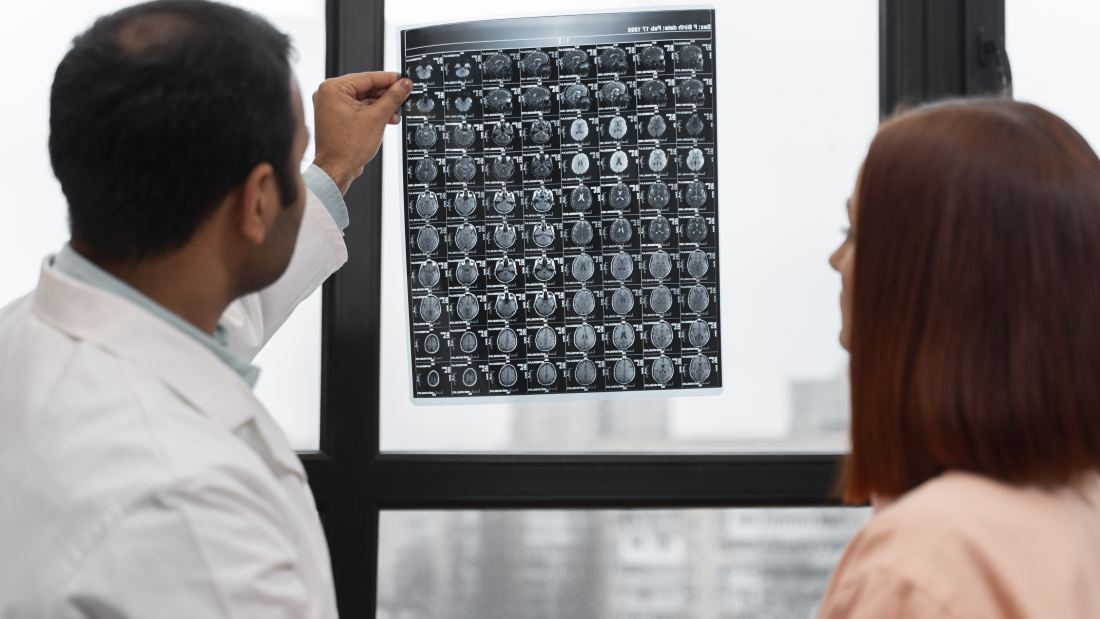Neurotrope, Inc. announced that the last patient has been dosed in its Phase 2a clinical trial of Bryostatin-1 for the treatment of patients with Alzheimer’s disease (AD). The trial is being conducted under an Investigational New Drug (IND) application filed by the Company’s licensor, the Blanchette Rockefeller Neuroscience Institute (BRNI).
Bryostatin is a potent modulator of the enzyme protein kinase C epsilon (PKCe). In preclinical in vivo models, this effect has been shown to play an important role in slowing or reversing AD and restoring cognition, memory and motor skills; in other words an improvement in Alzheimer’s overall.
As previously reported, Neurotrope’s Phase 2a study was initiated in late July 2014. The primary objective of the study is to assess safety and tolerability of a single dose of Bryostatin-1. Secondary objectives include the preliminary assessment of efficacy using a variety of clinical measures, including an assessment of improvements in cognition. Management expects final results of the study to be available in January 2015.
Commenting on today’s news, Charles S. Ramat, Chief Executive Officer and President of Neurotrope, stated, “Dosing of the last patient in this Phase 2a study marks an important milestone for patients with Alzheimer’s disease and our company.” Paul Freiman, Chairman of the Company, added, “Given the millions of patients and families affected by this debilitating condition and the overwhelming need for new, novel therapies that may be able to arrest the progression of the disease and reach an overall improvement in Alzheimer’s, we are as committed as ever to pushing forward with the development of Bryostatin-1.”
Management notes that it is currently developing a randomized, double-blind placebo controlled, multiple-dose clinical trial to further assess efficacy and safety of Bryostatin-1 in the treatment of AD.
Bryostatin is a natural product produced by a marine invertebrate organism called Bugula neritina and is isolated from organic matter harvested from the ocean. Several variations of this complex product have been achieved in recent years in various academic chemistry laboratories, including bryostatin derivatives being developed through an exclusive license with Stanford University and the existing license agreement with BRNI. These approaches may represent alternative sources of drug supply to reach improvement in Alzheimer’s disease clinical course.
Source: Neurotrope
Date: November 24, 2014
SUBSCRIBE TO OUR BLOG IN THE RIGHT SIDEBAR MENU TO RECEIVE OUR DAILY BLOG POST DIRECTLY TO YOUR E-MAIL
SUBSCRIBE TO OUR NEWSLETTER TO RECEIVE A MONTHLY MAIL WITH MORE RELEVANT INDUSTRY AND COMPANY NEWS


Add a Comment